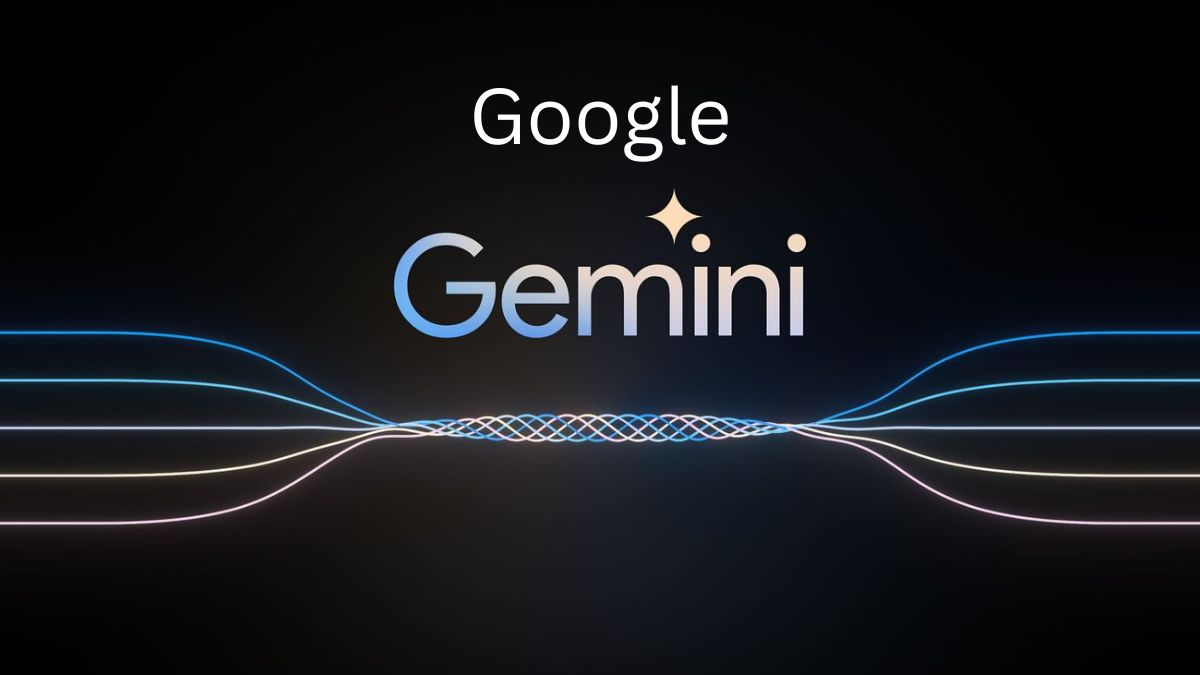
Just a few days after the launch of AI Overviews in Google Search, the company is already facing significant issues. Currently available in the US, these AI-generated responses are providing inaccurate information, causing concern among users and industry observers alike.
Search
Recent Posts:
- OpenAI Brings ChatGPT to be used in WhatsApp: Here’s How It Works and What You Can Do To Use It.
- Realme 14x 5G: A Budget Smartphone With Premium Features.
- Exploring Apple Genmoji: A New Era of Custom Emoji Creation.
- 2024 United States Presidential Election: Donald Trump Declares Victory in 2024 Presidential Election
AI Overviews in Google Search Under Fire for Inaccurate and Misleading Responses
AI Overviews were introduced as a feature designed to offer quick, concise answers to search queries right at the top of the results page. For instance, if you search for the best way to bake a chocolate cake, the results page might display an AI Overview with a step-by-step process compiled from various sources across the web. This feature is intended to enhance user experience by providing immediate, synthesized information without the need to sift through multiple links.
However, the effectiveness and accuracy of AI Overviews have been called into question almost immediately after their debut. One glaring example of the feature’s shortcomings involved a query about the daily “rock intake” for a person. The AI Overview responded by recommending that people eat “at least one small rock per day,” a piece of advice humorously sourced from a 2021 article in The Onion, a well-known satirical news website. This incident highlights the potential for AI systems to generate “hallucinations”—a term used to describe instances where generative AI models produce false or misleading information and present it as fact.
AI Hallucinations: A Persistent Challenge for Google and AI Technology
The issue of AI hallucinations is not new and poses a significant challenge for companies developing and deploying AI technologies. These hallucinations occur because AI models, while sophisticated, can still misinterpret or misrepresent data, especially when synthesizing information from diverse and sometimes unreliable sources. Google’s struggles with AI inaccuracies are not unprecedented. In February 2023, the company announced Bard, a chatbot intended to compete with OpenAI’s ChatGPT. However, Bard quickly drew criticism for sharing incorrect information about outer space during its unveiling. This misstep was a notable setback for Google, which has long prided itself on the accuracy and reliability of its search services.
Google’s Gemini Faces Criticism for Image Generation Issues Amid Ongoing AI Challenges
In February 2024, Google introduced Gemini, Bard’s successor, which included capabilities to generate images along with text. Unfortunately, users quickly discovered that Gemini had its own set of problems. The system frequently refused to generate images of white people and often produced inaccurate depictions of historical figures. These issues further underscored the challenges Google faces in developing AI that can reliably interpret and respond to complex queries.
Despite these setbacks, Google remains committed to improving its AI technologies. A spokesperson for the company told CNBC that “the vast majority of AI Overviews provide high-quality information, with links to explore further on the web.” The spokesperson also noted that many of the problematic examples involved uncommon queries, and some had been doctored or could not be reproduced. Google is taking “swift action where appropriate under our content policies” to address these issues and improve the reliability of its AI-generated responses.
Google’s AI Challenges Highlight the High Stakes of Dominating the Search Engine Market
Google’s dominance in the search engine market makes these issues particularly significant. According to CNET, Google, which launched its search engine in 1998, currently controls about 86 percent of the market. Its closest competitors lag far behind: Bing holds 8.2 percent, Yahoo has 2.6 percent, DuckDuckGo maintains 2.1 percent, Yandex captures 0.2 percent, and AOL commands a mere 0.1 percent. This overwhelming market share means that any problems with Google’s search features have wide-reaching implications for millions of users worldwide.
The company’s challenges with AI Overviews and previous AI initiatives highlight the broader difficulties in integrating AI into widely used products. While AI has the potential to greatly enhance user experiences by providing quick and relevant information, ensuring the accuracy and reliability of these systems remains a daunting task. The incidents involving AI Overviews and other AI-related tools underscore the need for rigorous testing and continuous improvement in AI technologies.
Google’s commitment to addressing these issues and refining its AI systems is crucial not only for maintaining its market position but also for ensuring that users can trust the information provided by its services. As AI continues to evolve, companies like Google must navigate the complex landscape of technological innovation, user trust, and ethical responsibility. The journey to perfect AI-generated search results is ongoing, and while setbacks are inevitable, they also provide valuable lessons that drive progress and improvement.
To read more topics, please visit: https://insightfulbharat.com





